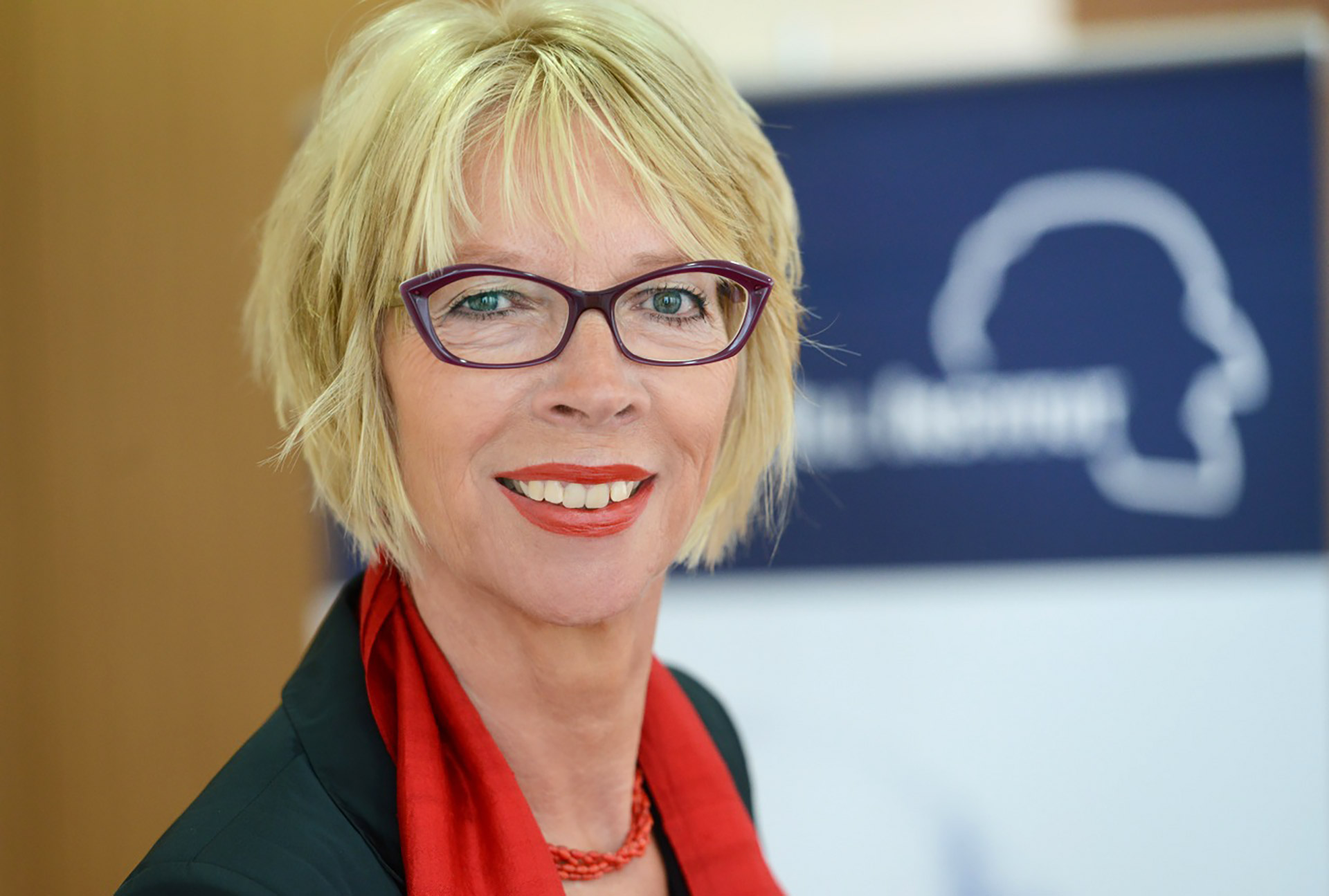On Monday, February 15, Prof. Dr. Ulrike Ackermann was our Table Guest. She is the founder and director of the John Stuart Mill Institut für Freiheitsforschung in Heidelberg and very prominent in the German media. Dr. Frans Willem Lantink interviewed her about the CSS theme of freedom and her book Das Schweigen der Mitte from 2020. In this book, Ackermann searches for explanations for an increasingly colorless political middle, between the radicalization of the left and right.
What did we discuss?
The fragmentation of the political landscape in Germany is slowly heading in the same direction as in the Netherlands. Broad coalitions are the result, excluding the flanks, especially on the right. This is increasing the fragmentation even further. Meanwhile, there is no answer from the center to Western self-doubt and to the left-wing identity politics that are strongly committed to a cultural ‘deconstruction’ of classical Western values.
Ackermann explains the silence of the center by the decline of the classical people’s parties, which no longer represent fixed groups in society. This has caused the existing political parties to wither: a lack of internal debate and a technocratic approach to politics and governance. The fact that the corona policy is being regarded as “alternativlos” is a great example of this.
For Ackermann, the solution lies in free debate and ending polarization. Central to her work, therefore, is the reinvention of the intellectual as an outspoken anti-totalitarian thinker. Herein lies a certain parallel with “Enlightenment fundamentalism” as Ayaan Hirsi Ali put it. Universities and the social media fail at this, however. In all Western countries we are facing restriction of academic debate and online public discussion.
What may we conclude?
At universities, there should be a renewed emphasis on free discussion, in which everyone is free to hold any viewpoint, within the limits of the rule of law. In the past, newly founded universities have proven to be able to leave their mark on the academic landscape. Thus, today, free academic debate could benefit from new academic institutions where the Enlightenment values of freedom and equality are once again given pride of place. Moreover, judgment as to whether or not the content of a publication is hurtful or misleading should be a task for the judiciary, not for the de facto monopolists of the tech industry.
